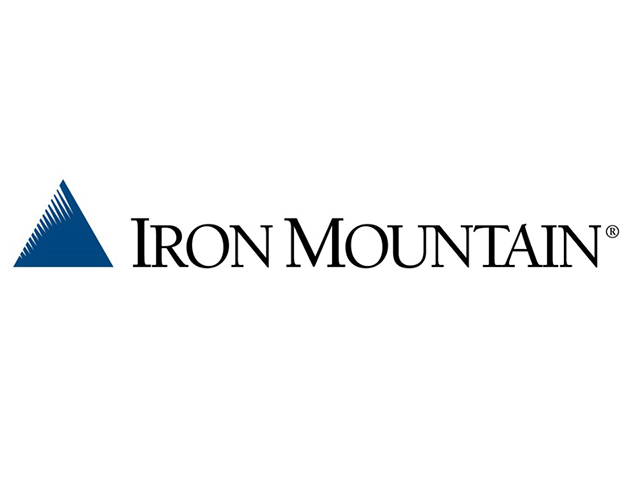Iron Mountain: Responsibly disposing data to help restore the planet
By Ryan Noik 22 April 2021 | Categories: feature articles
With today marking Global Earth Day, it was apt to look more closely at how paper based waste and documents can be responsibly destroyed and minimise harm to the environment. Ryan Noik (RN) chats to Nicola Bromley (NB) from Iron Mountain, a global leader in storage and information management services, to unpack how organisations can reduce their energy/carbon footprints and do their part to restore our planet in a digital – and data-rich - era.
RN: With the pandemic accelerating the pace of digital transformation for many companies, what impact did this have on digitalization and data storage?
NB: The pandemic has forced many people to work remotely, this has increased digitalization and the need for data storage. As such, it is critical for companies to scale their security measures and procedures to protect their business data and be compliant.
RN: What role does Iron Mountain play in enabling companies to store their data in environmentally responsible ways?
NB: We help companies to manage their data in order to be aligned to the local POPI regulations. We journey with our customers to help them identify when their data is redundant and needs to be destroyed. By partnering together, we are able to do this efficiently and effectively.
We assist our customers with the destruction of data, but we also destroy devices in order to prevent pileups at landfills. In many cases, certain parts of laptops (and other devices) can be re-used, and this helps to extend their lifetime which in turn helps companies achieve their sustainable goals.
RN: It has been said time and again that data is the lifeblood of a business. But what are the best and most environmentally compliant ways to backup data?
NB: Traditional means of storing data involves physical options such as paper, hard drives, etc. Besides offering the option of physical storage, we assist companies to digitize their business operations and become more environmentally compliant.
We also go a step further by helping companies extract value out of their data through insights depending on their needs and use case. We are helping our customers across the globe reduce risks and stimulate growth in addition to assisting with company specific goals.
RN: Can you speak to me about responsible disposal of documents, plastics, and electronic media? Can this be done without ending up in landfills and taking decades and longer to decompose?
NB: The Iron Mountain approach is to work with responsible recyclers globally to ensure no material ends up in landfills. To this extent, all our shredded paper (all grades) and hard drive bits are given to certified recyclers in South Africa who process the material for further use. Organic material such as cigarettes, etc., will be sent to secure landfill sites where the material can biodegrade over a short space of time.
RN: How good are South Africa’s Information Destruction standards? Would you like to see these modified or strengthened, and if so, how?
NB: Iron Mountain South Africa adheres to the Global Standards set by Iron Mountain and is seen as a leader in ensuring a secure chain of custody for the destruction of confidential information.
The current process is compliant with POPIA as well as GDPR. Companies in SA need to realize that there is huge value in their data that fraudsters would like to take advantage of. We are seeing that this awareness is resulting in increased business for us but there is still a long way to go for most companies not using our services.
RN: We know that data and storage is only set to grow exponentially in the years ahead. What do organizations need to do to ensure that they are managing this effectively, and without increasing the burden on our planet?
NB: Companies need to develop a sustainable way to manage their data. Modern technologies are providing us with multiple new ways to interact and collect data in a safe and efficient manner while still being compliant. It is important to manage data throughout the whole lifecycle. From data creation till destruction (due to the POPI regulations related to personal data protection).
RN: As I understand it you are involved in partnerships to assist in responsible disposal. Can you speak about one or two initiatives and why you consider partnerships to be so important in this regard?
NB: We are busy with a global data centre provider (Amazon) to destroy all their end-of-life Data Centre hard drives in an environmentally sustainable manner. We are also in the process of rolling out the Iron Mountain SITAD Service offering but are awaiting our service provider to obtain the R2 certification which regulates the recycling of Electronic Waste. Partnerships are important because it will take all of our efforts to ensure reasonable and environmentally sustainable disposal waste materials.
Most Read Articles

Have Your Say
What new tech or developments are you most anticipating this year?



